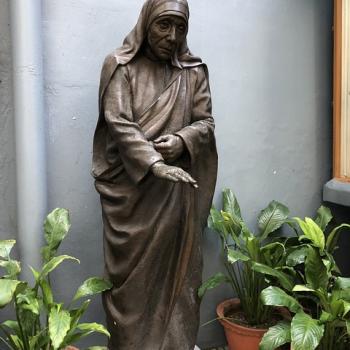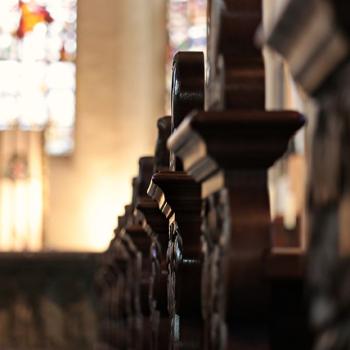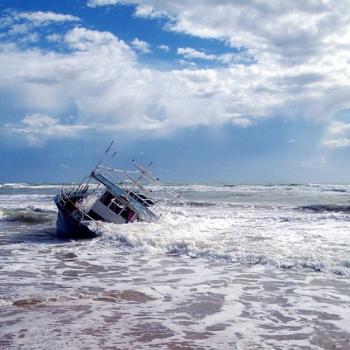The summer I learned to swim, I was exploring underwater at the YMCA, lost in my thoughts somewhere between mermaids and dolphins when I saw someone swimming towards me. It was my dad. He and I smiled at each other underwater, but I admit, it took me a moment to recognize him because I’d been elsewhere. It is a memory of my dad’s smile. It is a memory of me of what my dad looks like when he’s looking at me. It whispers, “I love you.”
When I met my future husband, I spent the walk to his dorm trying to get his roommates to notice me, and only when we’d spent the evening laughing, talking comics and he offered to walk me home (it was dark and raining), that I saw saw him as I hadn’t before, because I’d been too caught up in trying to sound clever. He looked at me and he kissed me at the end of that walk, and I remember his face from that moment. It is a memory of what my husband’s eyes look like when they are looking at me. It also whispers, “I love you.”
When going about the business of everyday, I’ll get a tap, a phrase or an image, something that won’t let go of my brain until I put it into words. As the words tumble forward, the veil between the image or phrase, and what the image means or can mean, drops, and the story develops more. Teaching feels the same way. One can be going about the business and a student will say something, and you have to stop up short, because what they say pierces with its beauty, its earnestness, its humor, and yes, sometimes its pain that no grade, no lesson, no words can fix.
The last section we teach this year, is poetry.
One of the options is “My Best Friend.” and a student asked, “What if I don’t have one?” and my stomach lurched. I thought of a lonely summer that stretched out before this child and how hard the school year must have been. “Then write about how you could be one, or about the one you hope to meet.” I offered. It felt like telling the student, write a wish list of why someone should find you and like you.
I sat at my desk wondering if how my heart didn’t shatter. Another student wrote about being judged for color, clothes, and being only fifteen and then another, and then another. Three different classes, the same lament, the same wound coming from different people but the same cause. Tears seemed too shallow a price to pay for the pain expressed and regularly endured in those lines. The cruel words, the cold looks, revealed the very vulnerable and sharp edged lonely world my students inhabited. I wanted them to have memories of smiles rather than frowns, at the mere seeing of their faces, and water from the pool or the rain, rather than tears.
It made me wish we’d done poetry sooner. Maybe it could be something softer in their lives. “Is it good?” one student asked after turning in the packet. “I’ll grade them this weekend.” I promised, hoping they’d followed the instructions. I wanted to promise something, to assure that everything would work out, and felt suddenly so sorry the next week would be it. There is never enough time to get to everything, but I hoped we’d made it through enough to leave an impression over the summer that would make the following year less difficult.
Having wrapped up my third year of teaching ninth grade and sixth at my school, and ninth over all in Education, I’ve come to an understanding of the unwritten rules of teaching.
Prepare.
And the second rule of teaching.
You will need to pivot no matter how prepared you are.
And the third:
Never be the reason someone else has a memory of hating a subject or a grade. It burns forever.
Instead, try to be the tiny whispering sight of a smile, that tells them in their memory, “You got this.” “You can learn this.” “You can do this.” and “You matter. You matter. You matter. You matter.”












